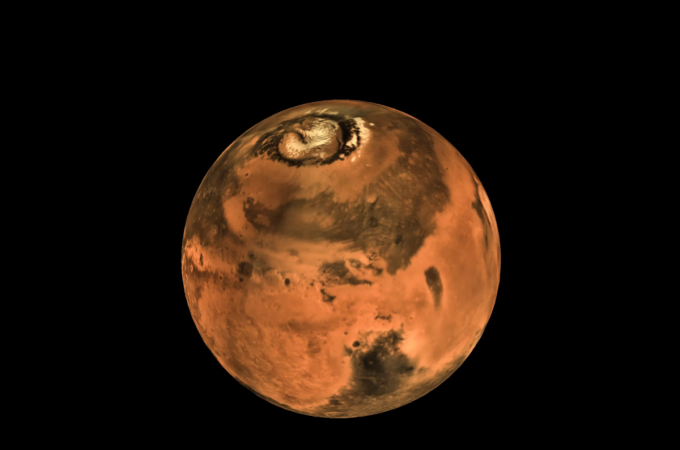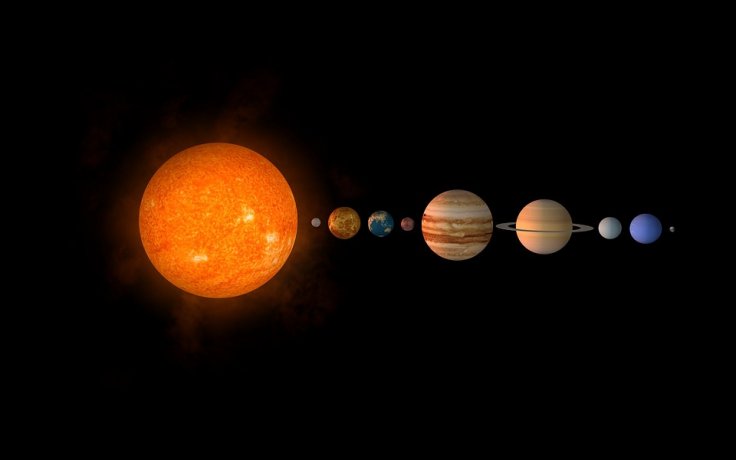
Astronomers and scientific experts believe that it is possible for Mars and Earth to collide. According to the experts, a massive collision between these two planets can occur once factors in space such as gravitational forces cause slight changes in their orbits.
Based on illustrations of the Solar System, it can be clearly seen that Mars and Earth are on two different orbital paths around the Sun, which makes the idea of these two planets colliding almost impossible. However, in a YouTube video released by PBS Space Time that discusses Earth-destroying events, it was revealed that slight changes in planetary orbits can cause a collision between the two large cosmic bodies.
As indicated in the video, even though Earth and Mars have different orbits, they are still affected by the gravitational pull of the Sun as well as the other planets in the Solar System. This means that a slight change in the gravitational forces would have a drastic effect on the orbits of the planets.
"Earth and Mars' field gravitational pulls not just from the Sun, but also from the other planets and from big asteroids too," the video's narrator Gabe Perez-Giz explained. "Now those extra tugs are tiny. But if everything lines up just right, then over billions of years they could have a sizable cumulative effect and distort those orbits."

Aside from PBS Space Time, a team of scientists also discussed the possibility of Earth hitting Mars in a study published in 2009. For their study, the scientists created about 2,500 simulations of the changes that can occur within the Solar System in a span of billions of years. As part of the simulations, the scientists shifted Mercury's orbit by just one meter from its original position.
As seen in the results of their experiment, the slight change in Mercury's orbit, which also had an effect on the gravitational force it exerts, caused the orbital paths of the other planets to expand. In one of the simulations, Earth's orbit overlapped with that of Mars, causing the two planets to collide. According to their findings, the collision could happen in less than four billion years. In other tests, Earth collided with other planets such as Mercury and Venus.
"A subsequent decrease in Mercury's eccentricity induces a transfer of angular momentum from the giant planets that destabilizes all the terrestrial planets approximately 3.34 [billion years] from now, with possible collisions of Mercury, Mars or Venus with the Earth," the scientists wrote in their study, which was published in the journal Nature.









